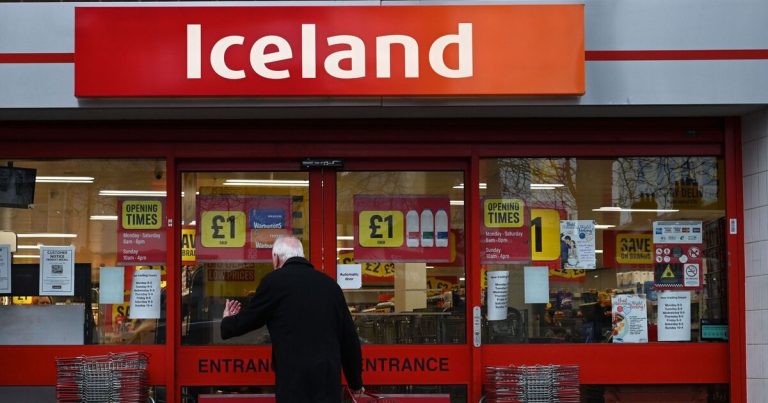
People looking to make home improvements ahead of the winter months could make huge savings by doing the work themselves.
Glen Peskett, owner of Saxton Blades, told Express.co.uk: “On average, DIY will save you £112 on each home repair.
“Our research shows that even relatively straightforward tasks like fixing a leaking radiator can save you up to £92.25, and fixing your blinds can save you up to £82.”
He also offered some tips for how to upgrade a home to improve its energy efficiency, including insulating the walls, roof and floors.
Getting a property insulated can cost several hundred of pounds but a person can hugely reduce this cost by doing the work themself, as rolls of loft insulation can be purchased for £25 each.
Mr Peskett also recommended sealing any leaks, explaining: “Even small leaks around windows, doors, and pipes can let a lot of heat out. Sealing up these leaks can be a quick fix in keeping your energy bills low.”
One home upgrade that could hugely reduce a household’s energy bills is to install a heat pump. Nicolas Gillanders, CEO of South Coast Insulation Services, told Express.co.uk: “Transitioning from traditional heating methods to the innovation of an air source heat pump leads to significant energy savings.
“With an average coefficient of performance (COP) of 350 percent, these systems produce 3.5 kilowatts of heating for each kilowatt of electrical energy used.
“In comparison, traditional gas boilers operate at a COP of 70 to 80 percent. The verdict is clear – air source heat pumps excel in both environmental consciousness and energy efficiency.”
Mr Gillanders said there is a common myth that heat pumps are costly to install but that these costs can actually be “surprisingly reasonable”.
He added: “Beyond the initial investment, the ongoing energy savings provided by this technology almost invariably offset the initial outlay.”
Improving the energy efficiency of a property can also help increase the value of a property, by increasing its EPC rating.
Moving from a D to a C-grade EPC rating can add three percent value above local house price growth, which is around £9,000 based on average resale figures.
Moving up two bands, such as from E to C, has the potential to increase the value of a property by 8.8 percent, or around £29,000.
Ben Thompson, deputy CEO at Mortgage Advice Bureau, explained how investing in efficiency upgrades could pay significant dividends for property sellers.
He said: “High energy costs have become a significant concern for many, and this is impacting people’s homebuying habits, with our latest research showing 51 percent of prospective homebuyers are considering buying a higher rated EPC property to reduce utility bills.
“Energy efficient boilers can lower household fuel consumption and cut back your energy costs.
“For anyone thinking about how to save money on their energy bills, it would be worth checking the rating of your current boiler and if now is the time for an upgrade.”
He spoke about the process for how to improve the energy efficiency of a home. He said: “First consider the home improvement options available, the initial costs incurred, and the long-term saving potentials.
“Then, consider your financial circumstances and speak to qualified tradesperson who can give the best advice on energy efficient upgrades.
“As well as cutting back your utility bills, improving the energy efficiency of your property could help increase its value and open the opportunity to benefit from a green mortgage plan, offering more eco-friendly properties potentially lower mortgage rates or benefits such as cashback.
“To find out more about green mortgages and their advantages, you should speak with a mortgage adviser.”
For the latest personal finance news, follow us on Twitter at @ExpressMoney_.






